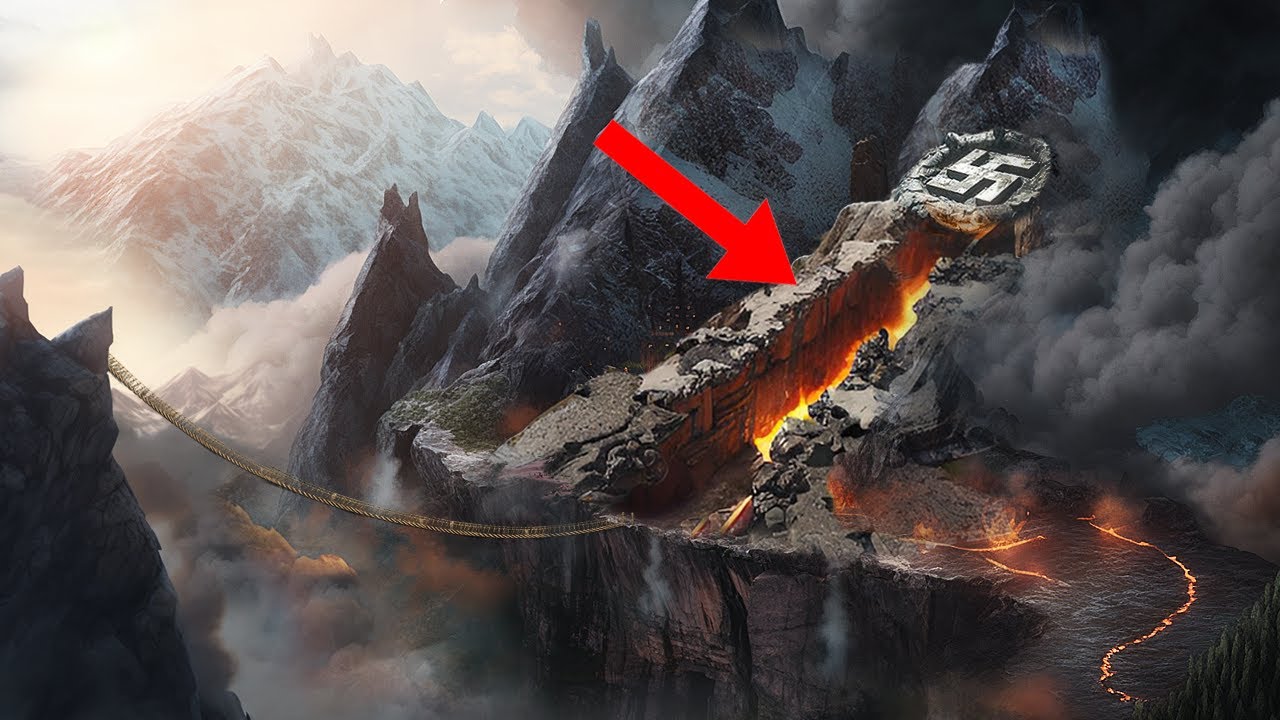Would You Have Been a Nazi?
Then & Now is FAN-FUNDED! Support me on Patreon and pledge as little as $1 per video: http://patreon.com/user?u=3517018 Or send me a one-off tip of any amount and help me make more videos: https://www.paypal.com/cgi-bin/webscr?cmd=_s-xclick&hosted_button_id=JJ76W4CZ2A8J2 Buy on Amazon through this link to support the channel: https://amzn.to/2ykJe6L Follow me on: Facebook: http://fb.me/thethenandnow Instagram: https://www.instagram.com/thethenandnow/ Twitter: https://twitter.com/lewlewwaller Subscribe to the podcast: https://podcasts.apple.com/gb/podcast/then-now-philosophy-history-politics/id1499254204 https://open.spotify.com/show/1Khac2ih0UYUtuIJEWL47z Description: There were several reasons lynch mobs in Jim Crow America and soldiers and police officers in Nazi Germany were motivated to kill African-Americans and Jews. Historical forces like a sense of victimhood – both having lost wars – cultural forces and propaganda that depicted the victims stereotypically as inferior, greedy, or a threat, and economic forces – ‘the frustration of basic needs’ as social psychologist Ervin Staub puts it. They were motivated, in Nazi Germany and Jim Crow America, by a moral culture made up of stereotypes, adverts, scientific literature, societal standards, norms, and sensibilities that all pushed the perpetrators towards killing. In both cases, the perpetrators had rationales, justifications, reasons for what they were doing, even if, with historical hindsight, we can see these to be incorrect. This begs an important question: how is resistance possible? How does one know when they’re being pushed by historical forces to do something that in retrospect we see as wholly immoral? How does one escape from under the hand of history – if culture, society, and the economy are all moving you towards acting in a particular way. Do we retain a moral sense? The philosopher Zygmunt Bauman, for example, has asked whether there can be a ‘moral responsibility for resisting socialization.’ Often, what makes people like Rosa Parks or Martin Luther notable, is not that they are shaped by historical forces, but that that the very same forces are felt by them as coercion and that they stand up to them, counter them, resist them. Can we find morality and ethics in history? I look at empathy and moral sentimentalism to find out.


















![[079] Surah An-Nazi at سورة ٱلنَّازِعَات by Ustaz Khairul Anuar Basri](https://img.long.tv/short/2023/10/z9652Cn_QOw.jpg)

